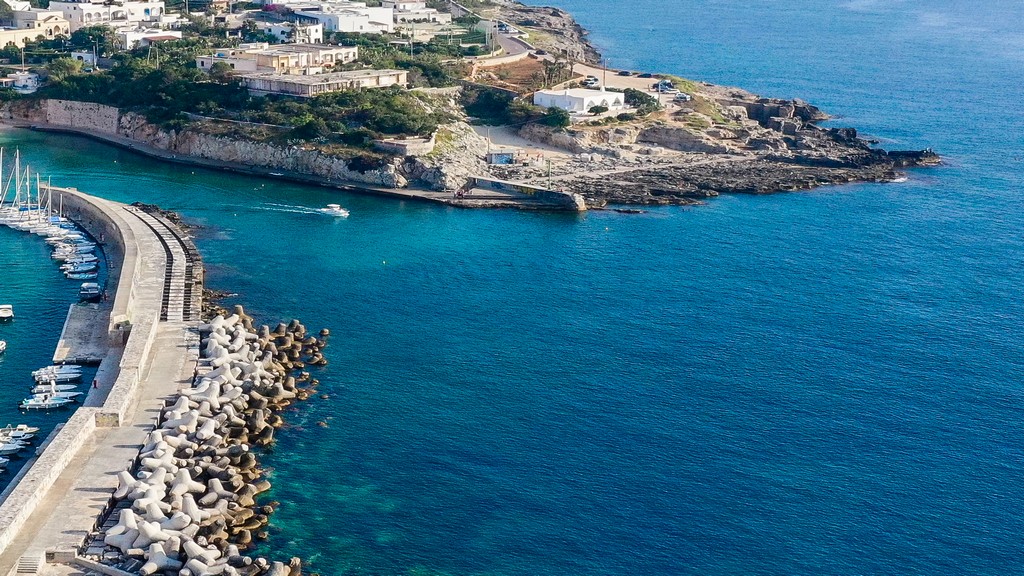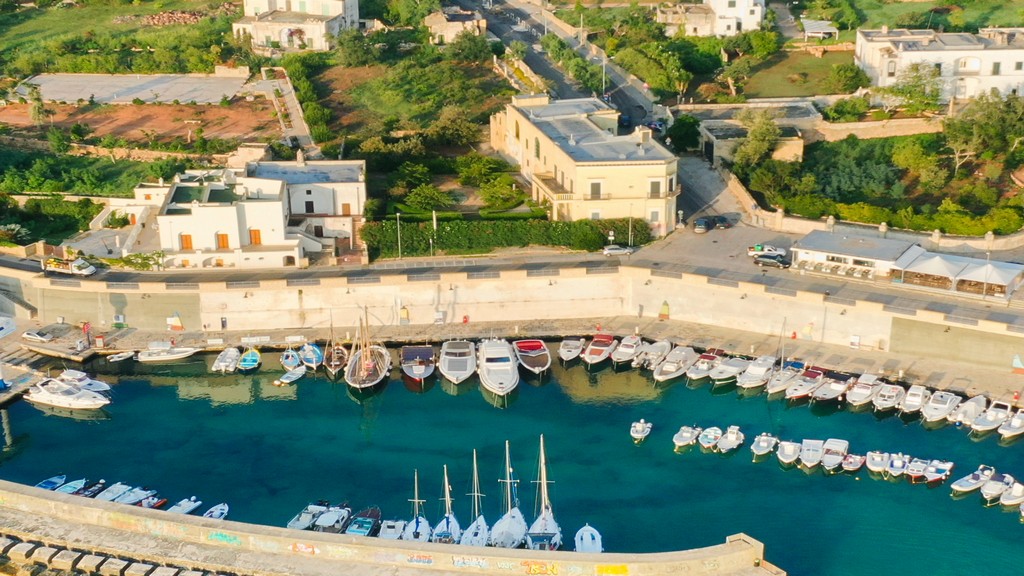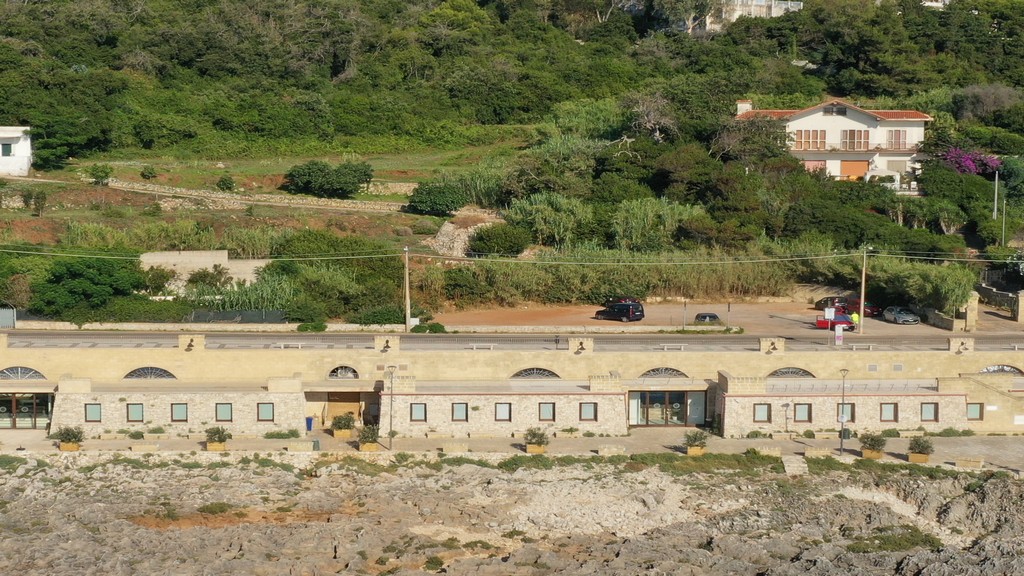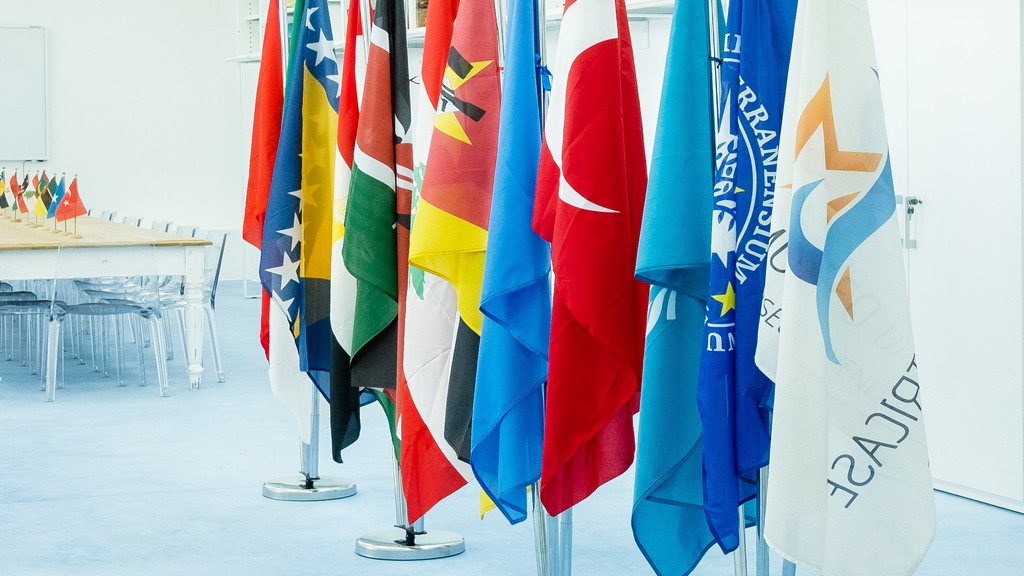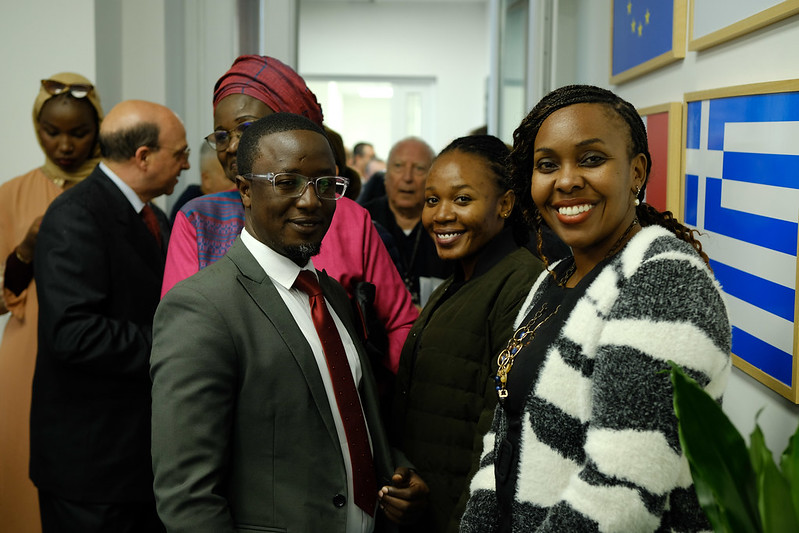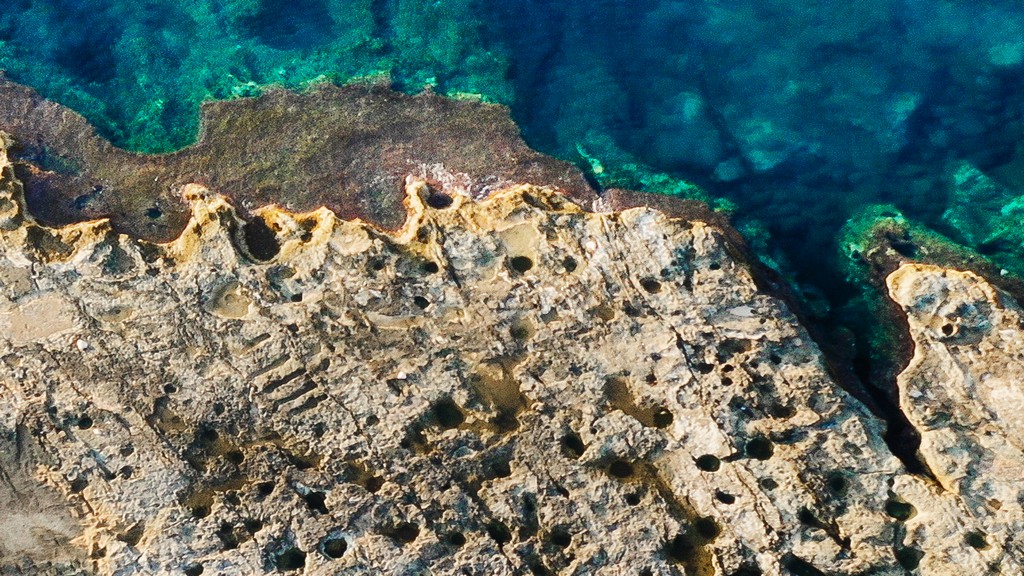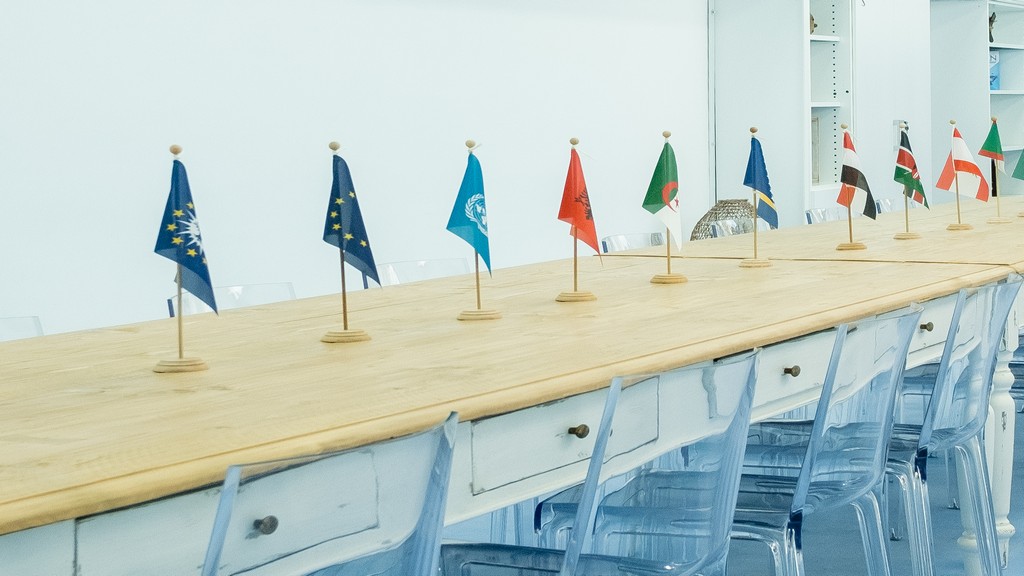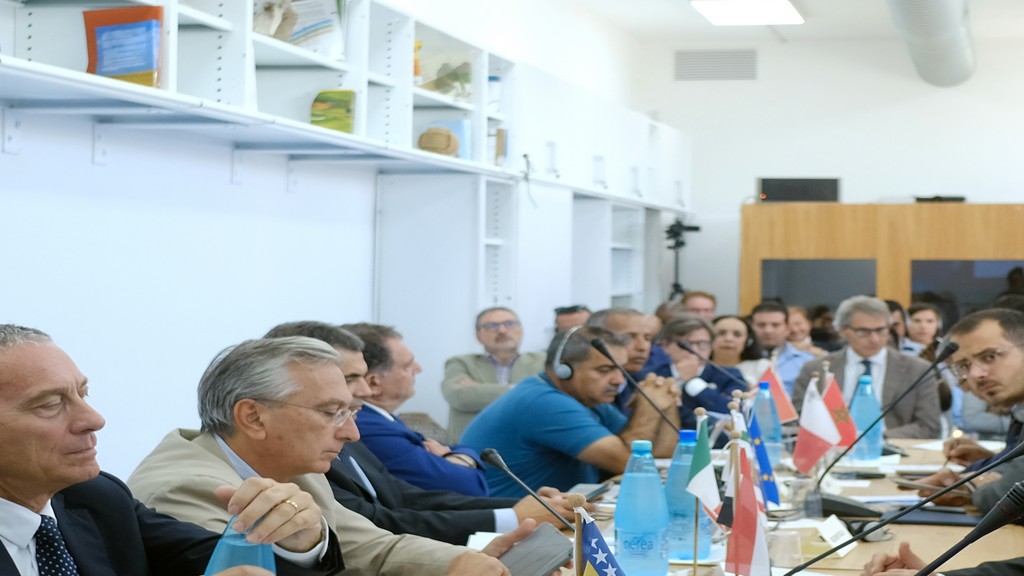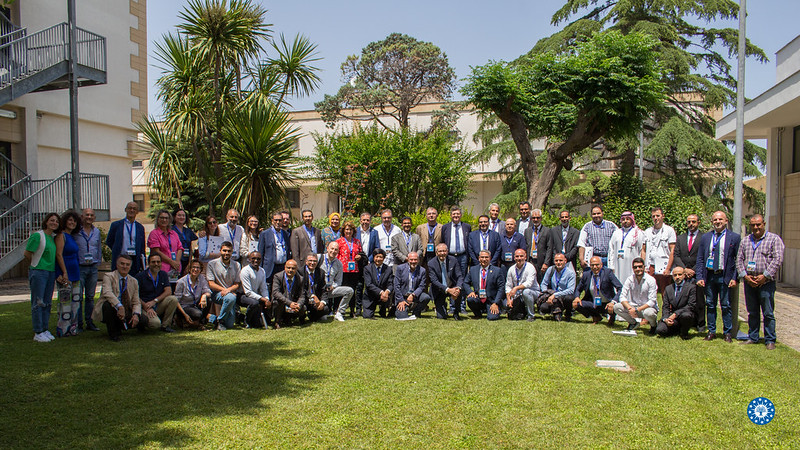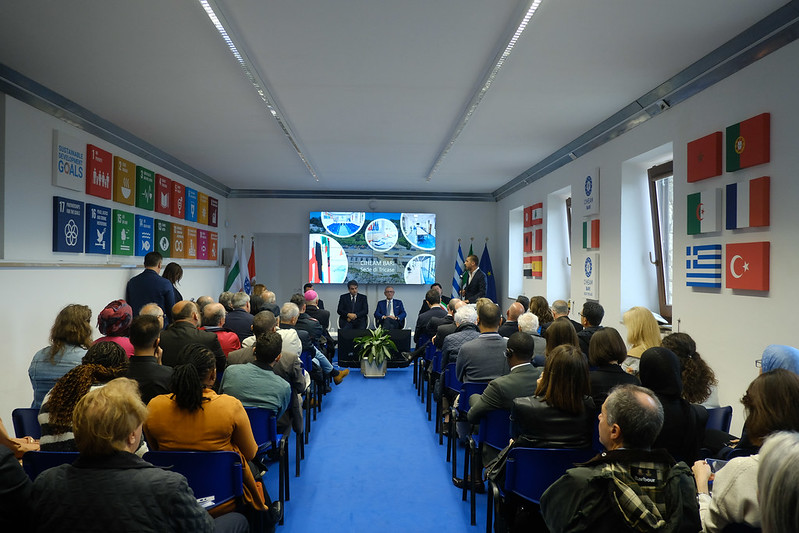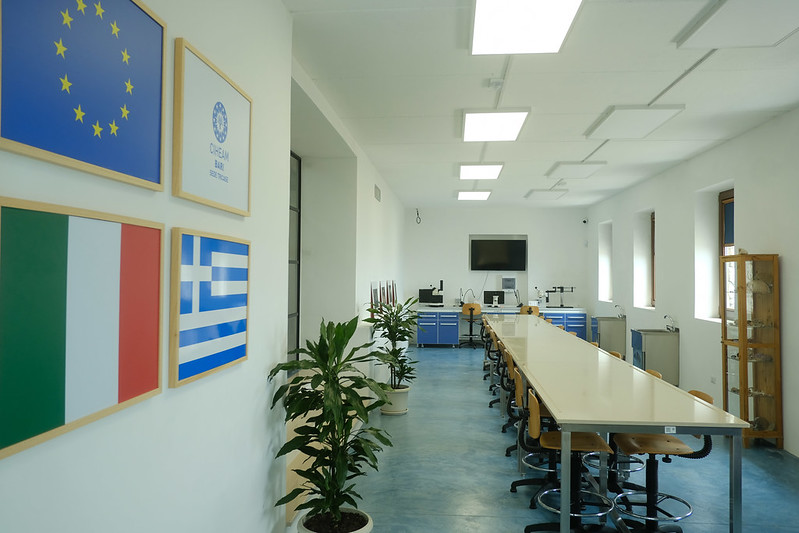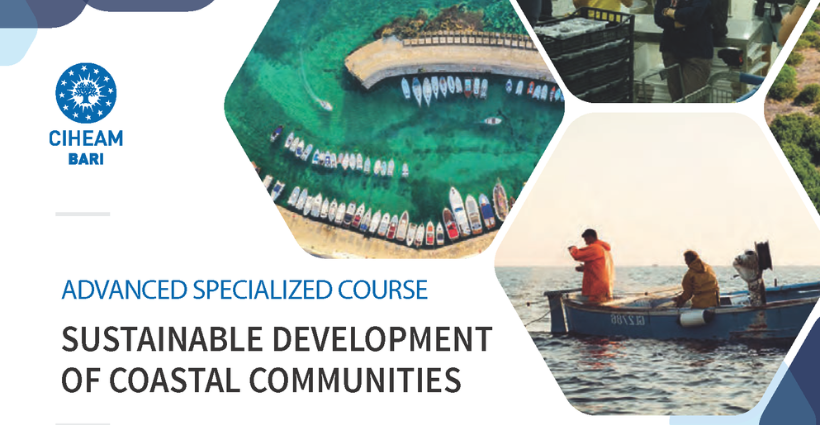A Mediterranean outpost for the protection of ecosystem diversity and the economic, social and environmental enhancement of coastal areas
The Tricase branch of CIHEAM Bari is situated in the ancient Harbour of the town in the Salento area, at the southern end of Puglia, in the heart of the Mediterranean. It occupies municipal properties, which have been renovated by CIHEAM Bari within projects funded under Interreg Italy-Greece territorial cooperation programmes.
Its primary actions are mostly directed towards achieving the goals of the Agenda 2030 to implement the Italian cooperation programme through activities aimed at the sustainable development of rural and coastal ecosystems, always in line with the strategic guidelines of CIHEAM member states and with the overall concept of “Blue Growth”.
Centre for training, research and cooperation for the sustainable and integrated growth of rural and coastal communities, it acts as a Mediterranean outpost to foster dialogue between national and international bodies and to promote initiatives focusing on the protection of ecosystem diversity and on the economic, social and environmental enhancement of coastal areas.
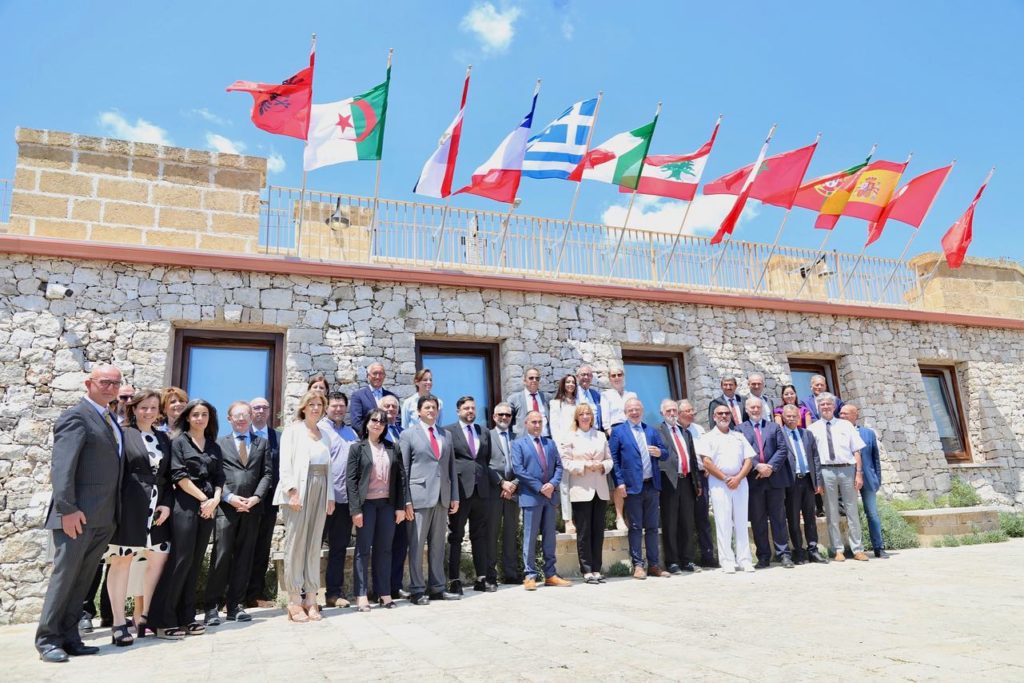
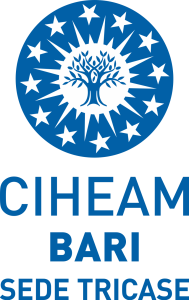
Main activities
The new facility is a further operational tool of CIHEAM's Italian office in Tricase, which, since 2007, has actively promoted exchange and sharing of experiences to enhance Mediterranean coastal communities and create new sustainable development chains.
Training of managers, technicians, and professionals in favour of Mediterranean coastal and rural communities
High-Level Training Course in “Sustainable Development of Coastal Communities”
Short course and training on the job for technicians and professionals
Creation of competence networks
Transfer and sharing of experiences, good practices, and know-how.
Research and monitoring of marine and coastal ecosystems
Development, application, and transfer of common protocols for the monitoring of marine litter and biota analysis
Monitoring of coastal biodiversity and of marine and coastal ecosystems
Development of models for the safeguard of marine and coastal resources through the direct involvement of the community both in priority-setting for environmental protection and in the shared management of resources, aimed at protecting and preserving habitats, biodiversity and ecosystem services.
Cooperation and Development
Development and implementation of actions, interventions, and strategies for “blue growth” of the Mediterranean communities
Development of highly innovative technologies and methods for fisheries and aquaculture
Economic enhancement of local fish production (e.g. brands)
Establishment of product traceability systems and creation of quality systems (e.g. quality scheme)
Strengthening of dialogue and discussion between operators and researchers for the definition of highly innovative management and production solutions
Support for the diversification of economic activities related to fisheries and aquaculture
Protection and enhancement of the territorial identity and traditions of the Mediterranean coastal communities
Empowerment of business and employment development processes, with special emphasis on young people and women
Development of participatory projects with representatives of the territories and coastal communities.
INSTITUTIONAL SYNERGIES
The activities of the Tricase branch of CIHEAM Bari are delivered via an extensive collaboration network that enables contacts and constant synergy with the main Italian institutions participating (MAECI, MIPAAF, MATTM, MIUR), together with the European (European Commission) and international actors (FAO, GFCM, UfM), and the main international scientific and institutional cooperation platforms (Bluemed and Friends of Small Scale Fisheries).
Among local partners, a very close collaboration has been established with Regione Puglia, the Municipalities of Salento, the University of Salento - including through the marine biology laboratory housed within the premises –, the Magna Grecia Mare Association and the local community represented through Venus Ecomuseum.
Advanced specialized course
SUSTAINABLE DEVELOPMENT OF COASTAL COMMUNITIES
CIHEAM BARI is launching a new high-level specialised Training Programme in collaboration with the FAO, GFCM and funded by the Italian Cooperation.
This fourth edition of the course aims to strengthen stakeholders’ capacities, offering a comprehensive view of Sustainable coastal development, in particular planning and management, technical and legal aspects, taking into account environmental, social and administrative issues for development process.
INFORMATION SHEETNew Scientific Hub
Over the years, CIHEAM Bari has fostered cooperation, research, and training initiatives in Salento in the field of the Blue Economy, mainly for the sustainable growth of coastal areas and communities. In 2015, it established a branch office in Tricase Porto funded as part of the European Territorial Cooperation Interreg Greece-Italy Programme “Muse Project”.
The increasingly intense collaboration with the Ministry of Foreign Affairs and International Cooperation, with the FAO and its General Fisheries Commission for the Mediterranean (GFCM), along with the growing scientific joint work with Universities, Research Centres, Institutions and Non-Profit Organisations from different Mediterranean and international contexts, have made CIHEAM Bari’s office in Tricase a site for the coordination and facilitation of an international knowledge system aimed at the Blue Transformation of coastal communities.
INAUGURATION OF THE NEW SCIENTIFIC HUB OF CIHEAM BARI'S OFFICE IN TRICASE
A new hub for scientific cooperation, biodiversity and protection of marine and coastal habitats has been inaugurated on May 13, 2023 at the CIHEAM Bari's office in Tricase.
READ MORE


